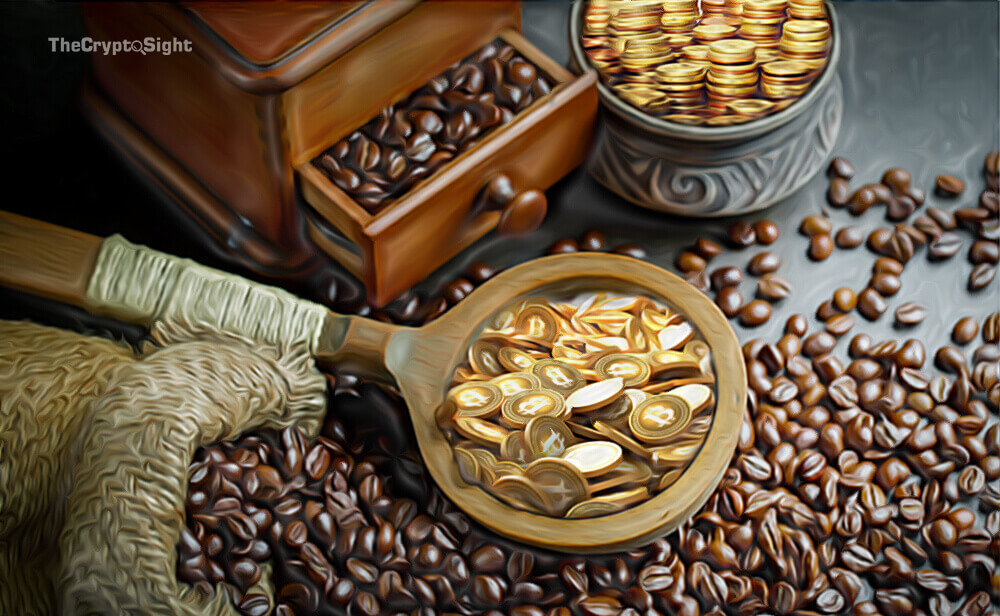
Everyone knows coffee is big business. Though worth $100 billion as an industry, coffee growers themselves reap little of the rewards from their beans. 90% of coffee farmers in Ethiopia, for example, live on less than $2 a day. But now, the use of blockchain could help them take back a bigger slice of the coffee pie.
A Reuters story (Feb 18) has spotlighted a roastery in the Ethiopian capital of Addis Ababa which uses blockchain to ensure its supply chain is ethical and transparent. It is the company’s way of trying to retain as much profit as possible within the country – one of the poorest in the world.
Moyee was founded by a social entrepreneur from the Netherlands. It employs almost 40 Ethiopians, mostly women, to process and package beans for export to Europe. Most other exporters usually package their beans elsewhere from where they are sourced from.
For its customers, Moyee created unique digital identities for the 350 farmers it works with. This allows buyers to see exactly how much each individual grower is paid, with prices set 20% above the market rate.
Climate change, deforestation, and market fluctuations are some of the biggest challenges coffee farmers face.
“Large companies’ profits usually increase when prices are low, but the profit for farmers does not, and in some cases it may cost them money to produce coffee,” said Aaron Davis, head of coffee research at the UK’s Royal Botanic Gardens at Kew.
Moyee’s next development phase is a mobile app to allow customers to tip growers, or invest in new projects like planting programs.
Reuters said that the UN’s Food and Agriculture Organization (FAO) had reported recently that blockchain possessed massive potential to address challenges faced by small farmers by “reducing uncertainty and enabling trust among market players”. Blockchain also allows shared data access that can quickly trace the many stakeholders involved in the production and distribution process.
Siobhan Kelly, an advisor to the FAO’s Food Systems Programme, said blockchain will ultimately be “much bigger than the internet”.
Reuters also noted that fruit farmers in the Caribbean are exploring blockchain to attract better-paying customers, and enhance traceability and auditing.

Comments